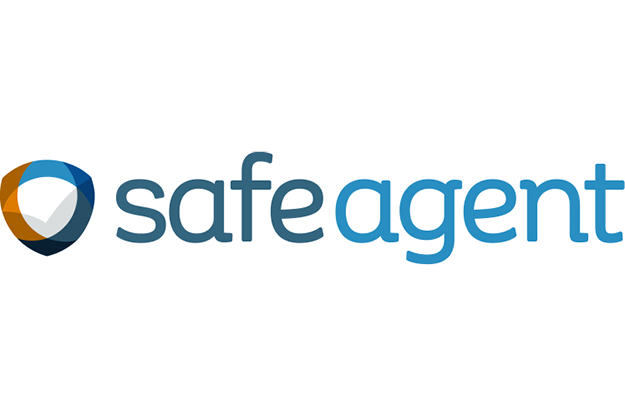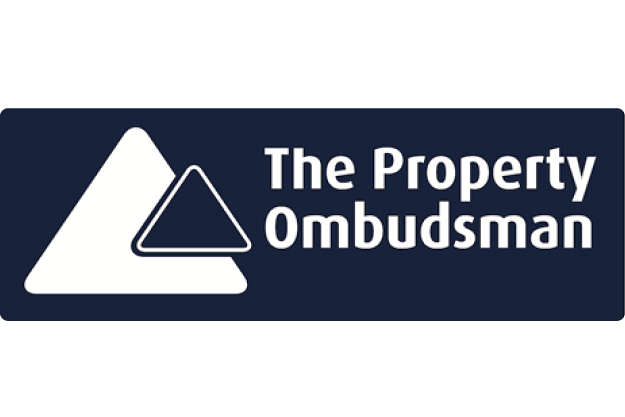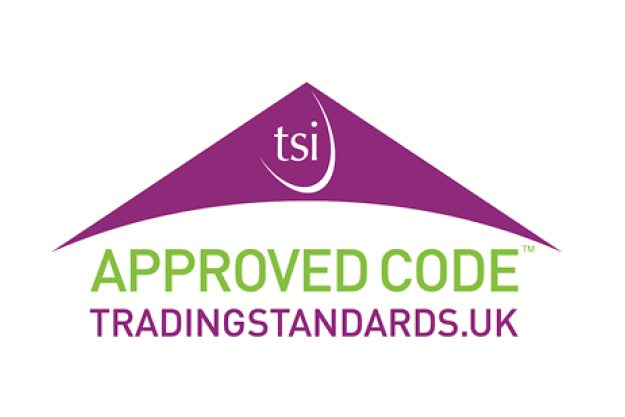A series of online guides have been launched in the UK to help renters and leaseholders to know their rights and include checklists for new and existing tenants, landlords and letting agents.
Housing Minister Heather Wheeler said that landlords, leaseholders and tenants will be armed with vital information on their rights and responsibilities.
She explained that the guides form a key part of government’s continuing crackdown on poor practice by a minority of landlords and agents in the private rented and leasehold sectors.
Evidence shows that Citizens Advice helped 65,000 private renters with more than 100,000 problems about their tenancy in 2017.
Published on gov.co.uk, the guides have been produced in partnership with landlord, tenant and letting and managing agent groups, professional bodies and local housing authorities and aim to drive up living standards in the sector.
The How to let guide aims to help private landlords learn more about their key legal responsibilities and best practice when letting a property, including how to protect tenancy deposits, carry out gas safety checks and install smoke and carbon dioxide alarms.
The How to Lease guide gives leaseholders information about their unique set of rights and responsibilities. For example, a managing agent or landlord could be responsible for running a leaseholder’s block or estate but the leaseholder does have a say in how they do it.
How to Rent a Safe Home helps current and prospective tenants identify potential unsafe conditions in rented properties. It gives tenants an overview of the most common hazards to look out for in rented properties, including gas and electrical safety, damp and mould and trips and falls hazards, and how they should report dangerous conditions.
The final guide in the series, How to Rent, has been updated from a previous one, providing a step by step process to renting privately. Tenants can learn how to challenge poor practice and understand private landlords’ legal obligations. It is a legal requirement for all landlords to provide their tenants with this document.
‘Every day across the country thousands of people move house, from young people leaving home for the first time, to those relocating after years in the same property. Whatever the circumstance, we want to ensure renters, landlords and leaseholders are armed with information so they know their rights, responsibilities and can challenge poor behaviour,’ said Wheeler.
‘The guides will be reviewed in light of any new legislation to ensure tenants, landlords and leaseholders are supplied with up to date information,’ she added.
‘We have already announced our intention to require private landlords to belong to a redress scheme, and that we will require all letting agents to be regulated and belong to a client money protection scheme in order to practice,’ she added.
The consultation on ways to make redress more accessible and effective across housing closed on 16 April and a response is expected in due course.
Source: PropertyWire



